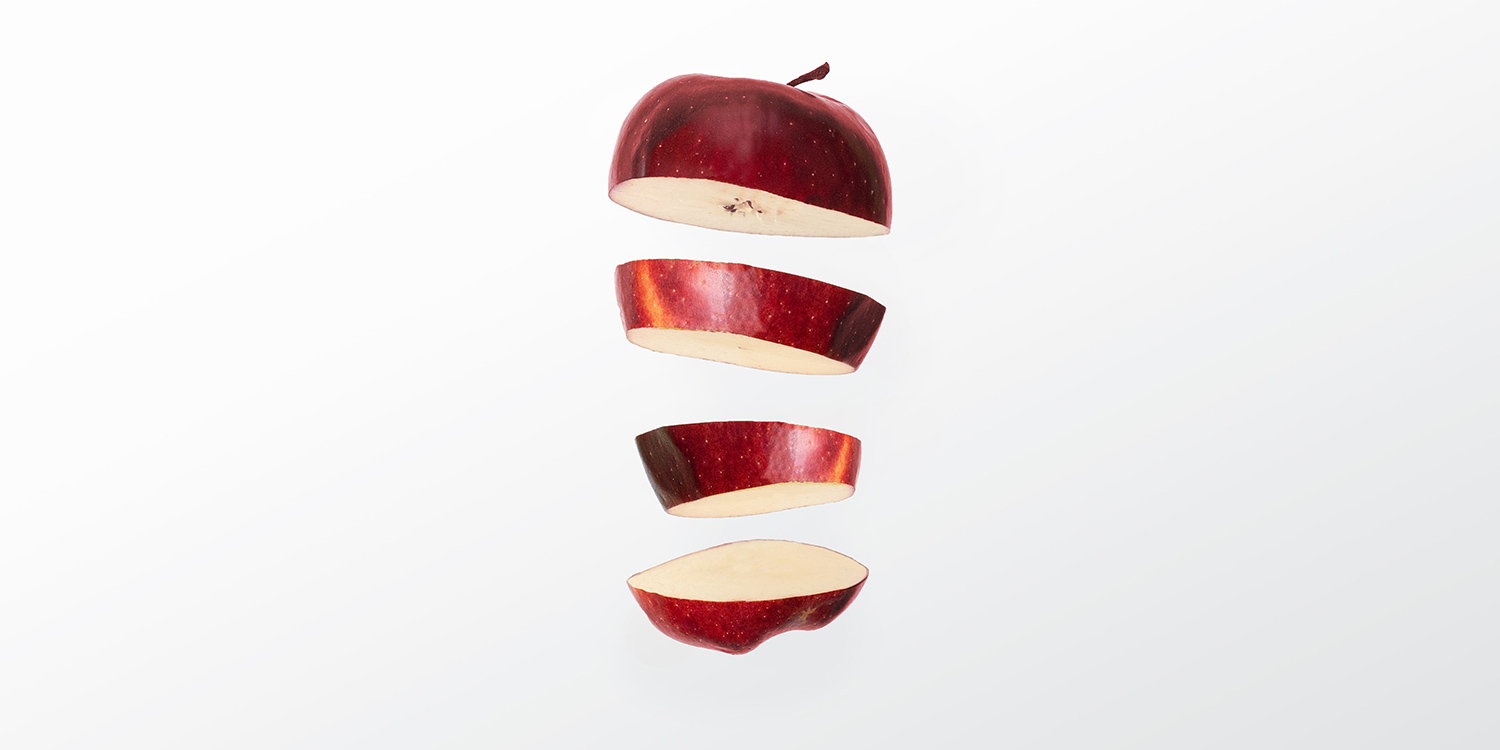When there’s something strange in your tech neighborhood, who you gonna call?
If there’s one thing that’s consistent regarding Apple, it’s the myths that surround the company. No sooner does an Apple exec announce a new product than half the tech industry starts trotting out the same old fictions.
But are these misconceptions about Apple really mistaken beliefs? Or is there a grain of truth lurking within? Here, we take a speedy look at seven oft-claimed myths about Apple, and decide whether or not they need busting.
1. Apple is doomed without Steve Jobs
You might suggest this myth could simply have been labeled ‘Apple is doomed’, given that a great many pundits seem to think Apple’s perennially on the brink of bankruptcy – financial, creative, or otherwise. But much of that is usually down to Apple no longer being able to draw from late founder Steve Jobs.

It’s true that Jobs reinvigorated the company during his late 1990s return, ruthlessly cutting product lines, infusing a sense of taste and simplicity, and focusing on users over profits. But to argue Apple is ‘doomed’ without him misses the fact Apple’s worth today is significantly higher than during Jobs’s tenure, and the company continues to relentlessly crank out new and much-loved products.
2. Without Jony Ive, Apple design will suffer
Ive is rightly regarded as heavily responsible for the tech design revolution. Many iconic (and much-imitated) Apple designs derive from his desire to make technology beautiful, and to embody the thinking of Dieter Rams – ‘less is more’. But Ive’s infatuation with minimalism could also hamper the user experience – think of iOS 7’s overly stark design, and fragile laptop keyboards.
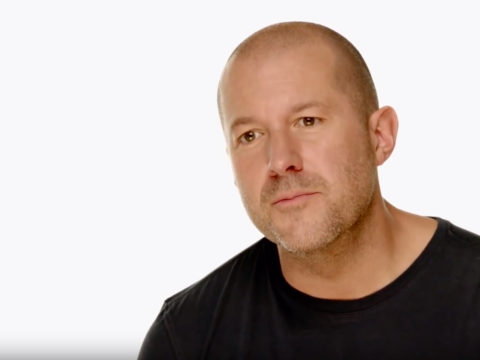
Also, Ive did not work alone, and suggesting otherwise does a disservice to Apple’s design team. What we may increasingly see is a design aesthetic that no longer stems primarily from a single source. As long as taste remains at Apple’s heart, and teams are communicative and focused, that should prove beneficial.
3. Apple no longer innovates
It’s been five years since the Apple Watch debuted, and this is proof Apple no longer innovates. At least, that’s what some people would have you believe. This thinking (or lack thereof) suggests that unless a company is releasing an entirely new product line – or revolutionizing an existing one – it’s stuck in a rut.
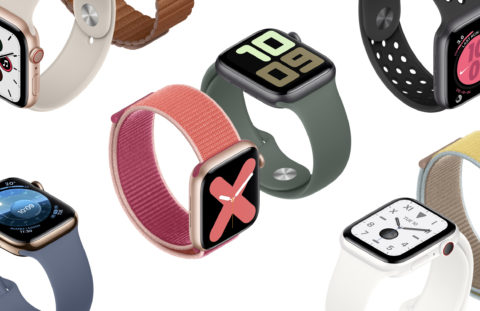
We must be careful not to conflate innovation and gimmick (bendy phones!), and be cautious to recognize that Apple’s string of mega-hits (iPod, 2001; iPhone, 2007; iPad, 2010) may never again be repeated. That doesn’t mean the company no longer innovates – new ideas and thinking still emerge regularly. It’s just that this innovation is more often of the quieter, iterative type than upending everything you thought you knew about technology.
4. Apple products ‘just work’
This is a myth Apple has done much to perpetuate. And to its credit, Apple does have a solid hit rate in terms of satisfaction and reliability. People also have short memories regarding software issues – everything was always better years ago, when Apple cared about squashing bugs! So Apple products used to ‘just work’, but don’t now… Only no-one can actually agree on precisely when this period was, suggesting software wobbles have always been a part of Apple – and technology as a whole.
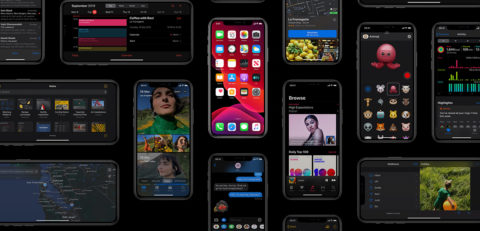
Still, the last round of Apple operating systems was particularly objectively buggy, services like iCloud have long-standing reliability issues, some Apple hardware is problematic (notably, MacBook keyboards), and feature discoverability remains a concern in iOS and iPadOS. So we’d instead suggest Apple products ‘mostly work’, but that’s obviously not a line you’ll ever hear from Cupertino’s marketing gurus!
5. Apple products can’t get viruses
It’s never been true that Apple products are immune from viruses and malware – just that the likelihood of getting one on Apple kit is significantly lower than on rival hardware. This is particularly true on iPhone and iPad, which (unless you jailbreak your device) is far more locked down than the Mac.

However, that doesn’t mean you shouldn’t remain a little vigilant. Security vulnerabilities have been exploited in iPhones, and malware apps occasionally end up on the App Store, despite Apple’s best efforts – albeit mostly with said apps embroiled in ad fraud rather than stealing data.
Our advice: don’t jailbreak your phone, always apply security updates, and keep an eye on tech headlines that surface problematic iPhone/iPad vulnerabilities.
6. Apple products are overpriced
We’re being very specific with the wording for this one. There can be no doubt that some Apple products are expensive. Phones that cost over a grand can’t be described any other way, unless you’re rolling in money. The question is, does Apple hardware – aimed at the premium end of the market – represent good value?
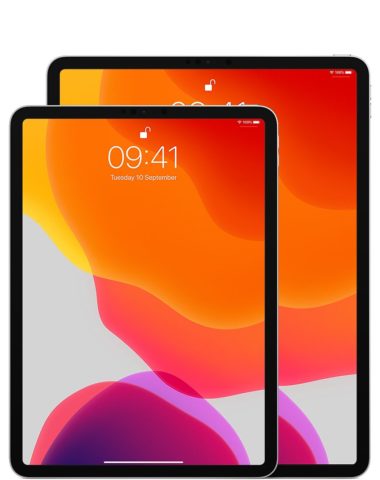
For the most part, we’d say yes. Apple’s flagship smartphones compare favorably with those from the likes of Samsung. The iPad Pro is in a class of its own, and the entry-level iPad at $329/£349 is great value, given what you get. But it’s hard to argue the same for the Apple TV, Apple’s hardware storage pricing, and iCloud Drive storage space. So there’s certainly a grain of truth in this particular myth.
7. Apple builds in obsolescence
This is topical, since Apple was in early 2020 fined €25 million by France’s competition and fraud watchdog for not warning users that a firmware update could slow down certain older devices, like the depicted iPhone 7; in the US, Apple settled a class action lawsuit on the same incident, to the tune of $750 million.
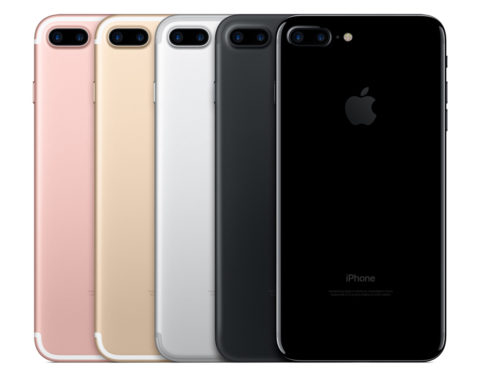
Apple contests it never deliberately slowed phones to convince users to upgrade, only throttling performance to avoid the unexpected crashes that sometimes come with degraded batteries. Hmm. We’re prepared to give Apple the benefit of the doubt. This mess seems more like dreadful communication than anything nefarious. Also, Apple supports devices longer much than its rivals do.
Many Android devices get no major OS updates at all, and even flagships often only get a year or two of support. By contrast, iOS 13 supports iPhones that are four years old. Apple could still do better, and help make technology more sustainable. But in the current market, giving a four-year-old phone a major OS update doesn’t seem like building in obsolescence – quite the opposite.
